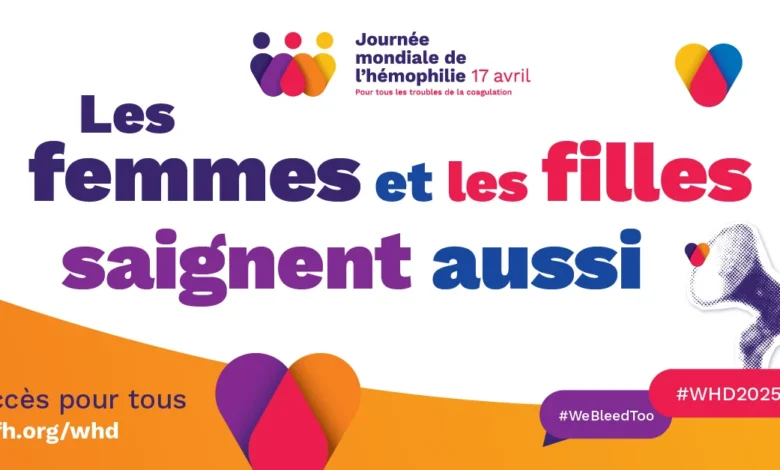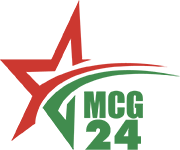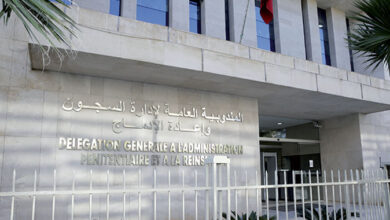World Hemophilia Day: A Call for Inclusive Care, Particularly for Women and Girls

—
### World Hemophilia Day: A Call to Action for Inclusive Care
On the occasion of World Hemophilia Day, celebrated this Thursday, April 17, under the theme “Access for All: Women and Girls Bleed Too,” the Ministry of Health and Social Protection is launching a national awareness campaign, accompanied by a scientific conference that gathers stakeholders and professionals from the field.
This initiative is part of an ongoing effort aimed at enhancing early diagnosis, improving equitable access to care, and promoting comprehensive management for individuals affected by bleeding disorders. This year, the focus is on the specific needs of women and girls, who are still too often overlooked in public health strategies.
World Hemophilia Day also serves as a reminder that hemophilia and other bleeding disorders are rare hereditary diseases that affect the blood’s ability to clot properly. Globally, according to the World Federation of Hemophilia (WFH), approximately 1,253,000 people live with this condition, but only 30% are properly diagnosed and monitored. Hemophilia A is the most common form, accounting for four to five times more cases than hemophilia B.
In Morocco, it is estimated that nearly 3,000 people are affected, with only 1,100 currently diagnosed and receiving follow-up care. To address this public health challenge, the National Program for the Prevention and Control of Hemophilia, launched in 2010, has led to significant progress. This program includes:
– The establishment of 17 specialized centers, including 6 reference centers in university hospital centers and 11 local centers in regional and provincial hospitals.
– The enhancement of medical skills through specific training.
– Improved access to essential treatments, which helps reduce complications associated with the disease.
Despite these advancements, the ministry emphasizes the need to intensify efforts, particularly regarding other bleeding disorders, such as von Willebrand disease, rare factor deficiencies, or hereditary platelet disorders, which are often underdiagnosed, especially in women.
Thus, this day serves as a collective call to action for more equitable, inclusive, and effective access to care for all individuals concerned, regardless of gender.
—






